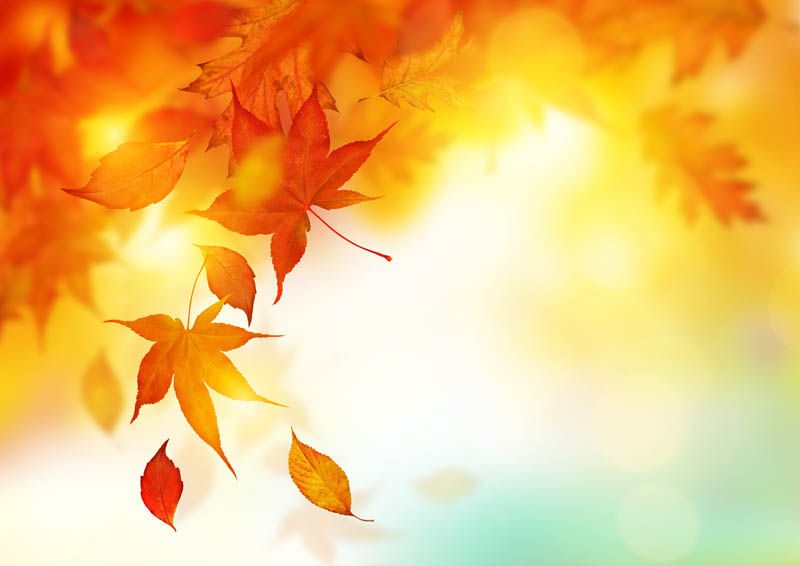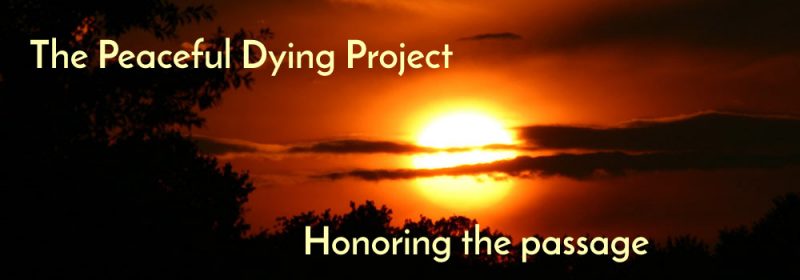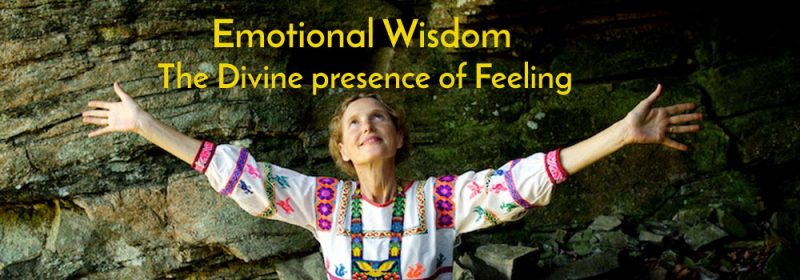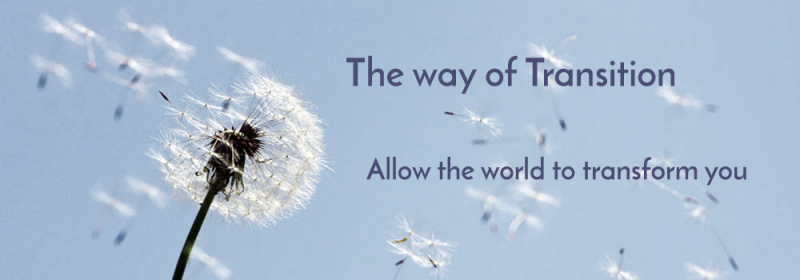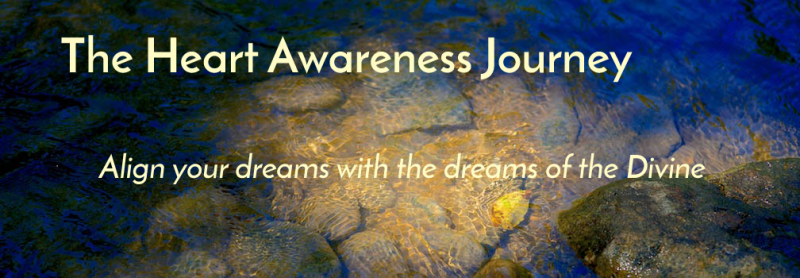What would you need in order to experience a peaceful death?
In our modern western culture we have developed an astounding abhorrence for death. With our belief in the power of technology to overcome the forces of nature, we have come to view old age and death as a kind of enemy, something that needs to be vanquished. We have bestowed increasing importance upon the power of our minds and have lost touch with the heart’s ability to embrace the void, the darkness, the great mystery. This approach brings with it a profound fear in the face of an unconquerable force that is an integral part of life itself. And so, in our fear, we turn away from death, this great teacher about life. We rob ourselves of the opportunity to experience a peaceful death.
Peaceful dying in traditional cultures
By contrast, in indigenous cultures and wisdom traditions death is honored as an inexorable part of life. The elderly, rather than being de-valued as frail and unproductive, are honored for their wisdom and given respect and care by the younger generations. Death itself is understood as a sacred passage, ushering the soul back to the realm of the ancestors, beginning anew the cycle of life. It is something to be approached with acceptance and peace. For those left behind, grieving is recognized as an essential part of this passage, honoring and valuing the life that was, letting go and cleansing the way for new life to come.
Death in modern culture
How very far we have strayed from this ancient wisdom. Instead of a peaceful death, fear and guilt abound and we are fraught with denial and confusion. This disconnection has led to alienation and tremendous suffering for those facing death as well as for those struggling to deal with the loss of loved ones.
Janie was 66 when she was diagnosed with pulmonary fibrosis, a lung condition for which there is no allopathic cure. A widow with 3 grown children, Janie did not tell her family about her illness, not wanting to be a burden or to worry her loved ones. She didn’t want to admit to others, and therefore to herself, that she was facing the frightening specter of death. Janie’s children and her best friend watched, bewildered, as this once vital woman gradually became more and more frail over the next few years. She was often overcome by bouts of coughing that she insisted were just her allergies.
Finally, when it could no longer be denied, Janie confessed her condition to her eldest daughter who summoned the family. But within days Janie’s lungs collapsed and she was rushed to hospital. Only her son was with her when she died, her face set in a mask of lonely terror. Other family, rushing from far-flung destinations, arrived too late.
Janie’s family members were horrified when they discovered that she had known of her condition for 8 years. It was a combination of shock, sadness and frustration that she had not reached out to them for help or given them the opportunity to say goodbye. She was suddenly gone, and what was left was the sadness of not having expressed to her how much they loved her and what she had meant to them.
Janie’s story is a tragic reminder of what is missing in our culture. It is a sense of relationship—with each other, with nature and with the Divine. It is relationship with all aspects of life—the darkness as well as the light, the grief and pain as well as the joy, the mystery as well as the knowledge. In our culture we have developed an infatuation with the “light” and with “happiness”. But life, like nature, includes the full spectrum of experience. Nature reminds us of the inevitable cycles of darkness and light, coldness and warmth, hibernation and activity. When we come to accept the whole range of human experience and are willing to share that with each other, we can end the cycle of life with a peaceful death.
How can we return to the perspectives that allow for a peaceful death?
We can challenge the taboo of death as a “morbid” or “depressing” subject and speak honestly about our feelings and experiences of death. We can recognize death as a community experience as well as an individual journey. We can accept the strong emotions that arise in relation to death and allow them to move us through this powerful transition with grace and integrity.
If you would like to explore in more depth the perspectives and practices that allow for a peaceful death, check out Prema’s up-coming one-day “Peaceful Dying Project” workshop in Malibu, California on Sunday June 4th Find out more.
Prema Sheerin is an initiated shaman in the indigenous Huichol tradition of Mexico and is a teacher, healer and life coach. She heads the Death and Dying Council of the Sacred Fire Community. The Death and Dying council offers support and counsel for individuals facing death, as well as for their families and friends. The Council also offers information about shamanic funerary rites that are available. For more information about the council and other Lifeways programs go to sacredfirecommunity.org.

